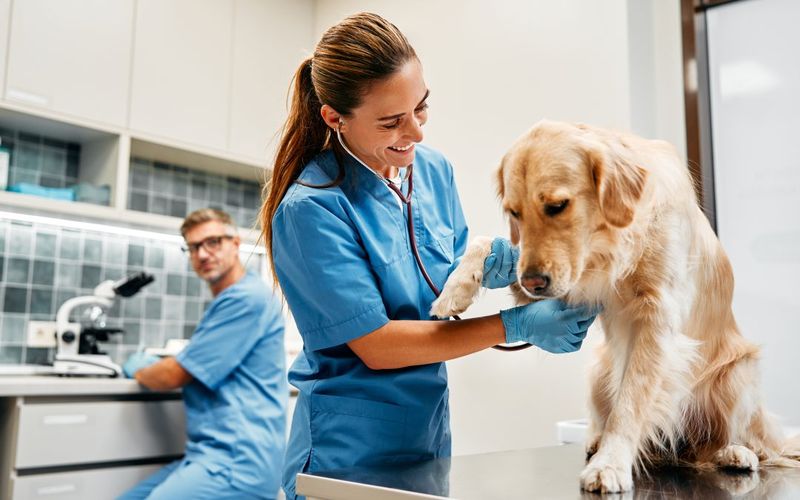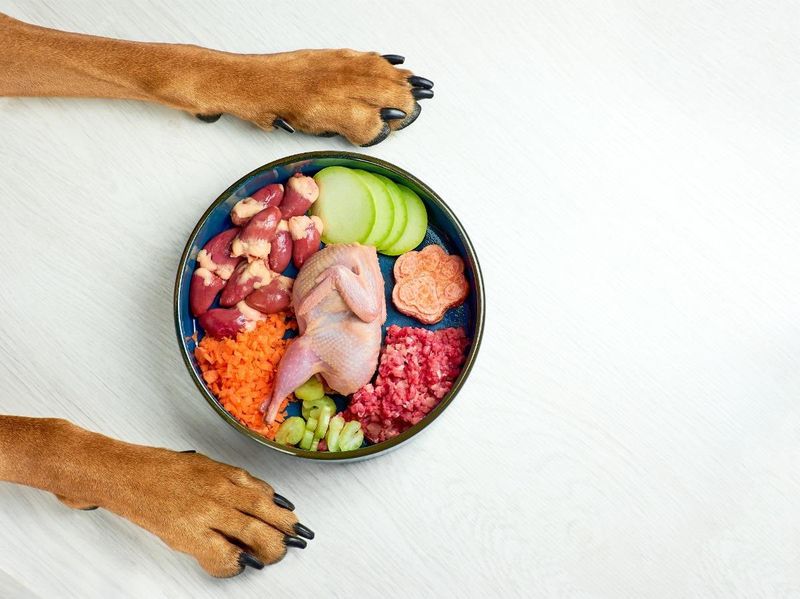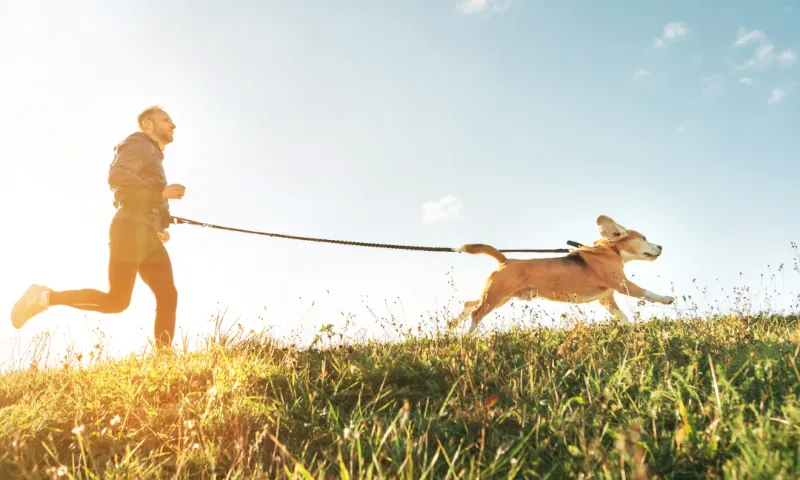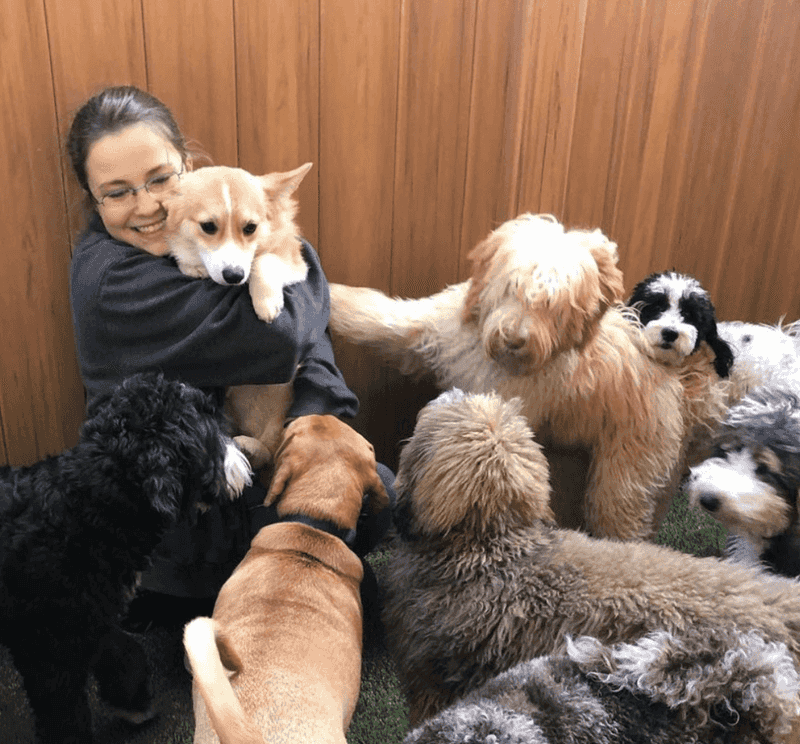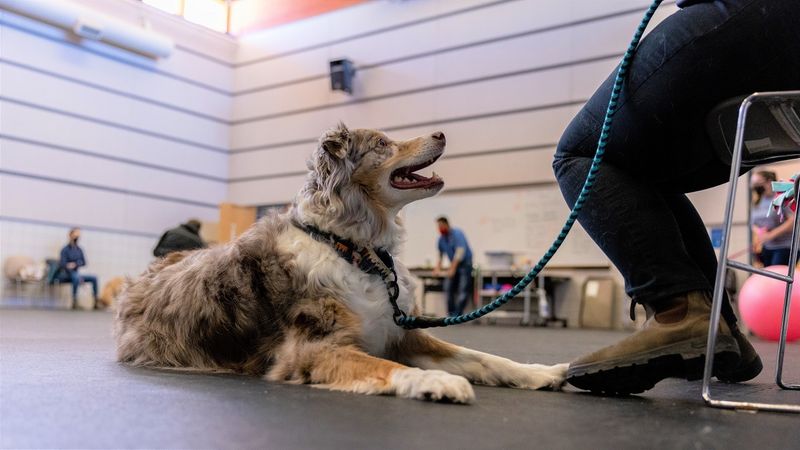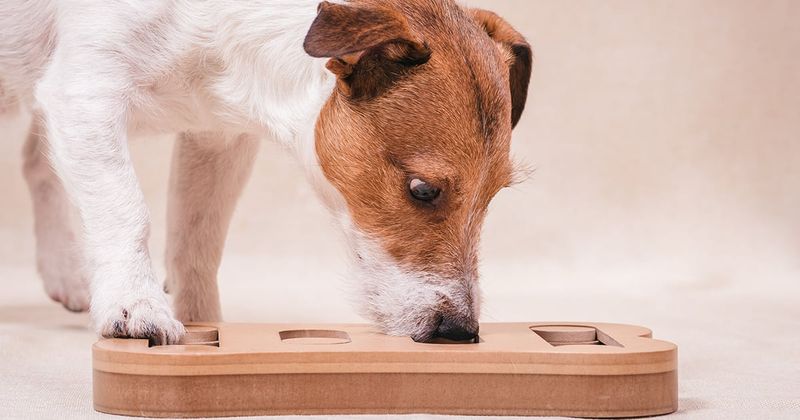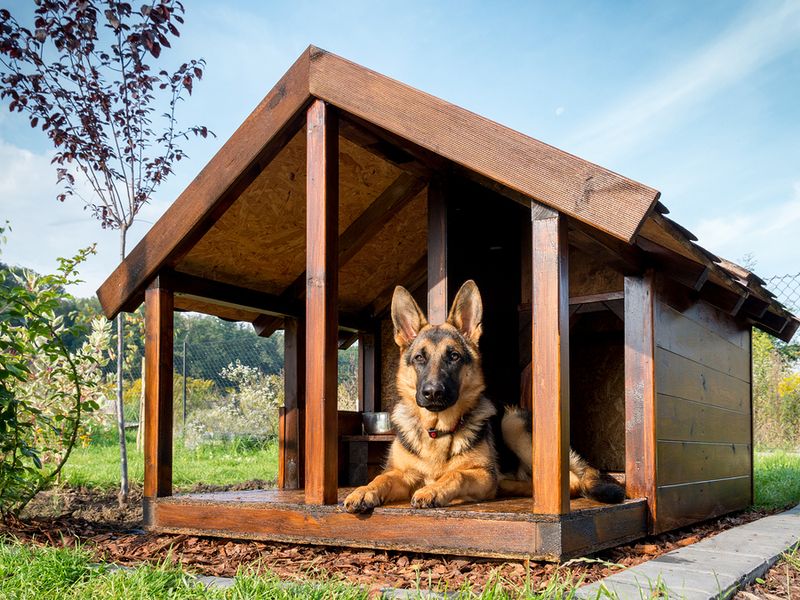Owning a dog is a rewarding experience, but it comes with responsibilities that are often underestimated. Pet owners can unknowingly make mistakes that affect their furry friends’ well-being. Here are the top 13 mistakes dog owners commonly make, along with tips to avoid them, ensuring a happy and healthy life for your pet.
Ignoring Dental Health
Did you know that neglecting your dog’s dental health can lead to severe health issues? Many pet owners overlook this vital aspect. Regular brushing and dental check-ups are essential. Plaque buildup can result in painful infections. Start a routine when your dog is young. Use dog-friendly toothpaste and brushes designed for pets.
Consider dental treats or toys that help clean teeth. Oral hygiene affects overall health, including heart function. Unpleasant breath is often a sign of gum disease.
Make dental care a fun bonding activity. A small effort can lead to a longer, healthier life for your pet.
Skipping Regular Vet Visits
Regular vet visits are crucial for maintaining your dog’s health. Yet, many owners think occasional visits suffice. Veterinarians can detect issues before they become serious. Annual vaccinations, deworming, and health check-ups are necessary.
Preventive care saves money in the long run by avoiding expensive treatments. Building a relationship with the vet helps them understand your dog’s unique needs. Early detection of diseases ensures timely intervention.
Ignoring regular visits can shorten your dog’s lifespan. Prioritize your pet’s health by scheduling routine appointments. Your vigilance today ensures their happiness tomorrow.
Feeding Improper Diet
A well-balanced diet is key to your dog’s vitality. Surprisingly, many owners feed inappropriate food. Human foods can be toxic. Commercial diets should be chosen carefully. Evaluate nutritional content and consult with your vet for recommendations.
Overfeeding leads to obesity, a common problem. Portions should match your dog’s size, age, and activity level. Ensure they have access to fresh water at all times.
A proper diet contributes to shiny coats and strong bones. Avoid table scraps and stick to high-quality dog food. Your dog’s diet directly influences their mood and energy levels.
Neglecting Exercise Needs
Exercise isn’t just a luxury; it’s a necessity for dogs. Unfortunately, many owners underestimate this need. Regular physical activity prevents obesity and promotes mental stimulation. Tailor exercises to your dog’s breed and age.
Dogs thrive on routine walks and playtime. Engage them with interactive toys and games. Exercise reduces behavioral problems by channeling energy positively.
A sedentary lifestyle leads to various health issues. Create a daily exercise routine to keep them fit and happy. Bonding through exercise strengthens your relationship with your pet.
Inadequate Socialization
Socialization shapes a dog’s behavior profoundly. Skipping this step can lead to fear and aggression. Introduce your dog to diverse environments, people, and animals from a young age. Gradual exposure builds confidence and reduces anxiety.
Puppy classes and dog parks offer controlled social settings. Positive interactions foster a well-balanced temperament. Supervise encounters to ensure safety. Address any negative experiences calmly.
Socialization enriches your dog’s life, making them adaptable and friendly. Invest time in this crucial aspect to prevent behavioral issues. A well-socialized dog is a joy to be around.
Overlooking Training
Training is the cornerstone of good behavior. Yet, some owners underestimate its importance. Consistent training instills discipline and strengthens the human-dog bond. Utilize positive reinforcement techniques for effective results.
Basic commands like sit, stay, and come ensure safety and control. Training sessions should be short and engaging. Patience and persistence yield the best outcomes.
Untrained dogs may develop destructive habits. Early training prevents issues such as excessive barking or jumping. A well-trained dog is easier to manage, making daily life more enjoyable for everyone involved.
Ignoring Mental Stimulation
Mental stimulation is as vital as physical exercise. Many owners overlook this aspect, leading to boredom and behavioral problems. Engage your dog’s mind with puzzle toys and games. Training sessions stimulate their intelligence and curiosity.
Enrichment activities prevent restlessness and anxiety. Rotate toys to keep things interesting. Interactive play strengthens your bond.
Lack of mental engagement can result in destructive behaviors. Challenge their minds to ensure a balanced, content pet. Providing mental stimulation enhances their quality of life, making them happier companions.
Using Inappropriate Punishment
Punishment can damage the trust between you and your dog. Many owners resort to inappropriate methods out of frustration. Instead, focus on positive reinforcement. Reward good behavior to encourage repetition.
Harsh punishment often leads to fear and aggression. Dogs respond best to patience and understanding. Redirect unwanted behavior through training.
Empathy and consistency are key. Learn to communicate effectively with your dog. By avoiding punitive measures, you build a stronger, more trusting relationship. Remember, a happy dog is an obedient companion.
Not Providing Adequate Shelter
Shelter is fundamental to a dog’s well-being. Some owners neglect proper accommodations. Ensure your dog has a safe, comfortable place to rest. This is especially important during extreme weather conditions.
Indoor dogs also need a designated space with cozy bedding. Outdoor dogs require insulated shelters to protect from elements. Regularly clean and maintain their living area.
Providing adequate shelter shows care and responsibility. Your dog’s comfort reflects their happiness. Invest in quality accommodations to enhance their living conditions.
Skipping Flea and Tick Prevention
Parasite prevention is crucial for your dog’s health. Yet, many owners skip this step. Fleas and ticks cause discomfort and spread diseases. Regular preventive treatments are essential.
Consult your vet for suitable options. Ensure timely application for continuous protection. Inspect your dog after outdoor activities, especially in wooded areas.
Flea and tick infestations lead to severe health issues if ignored. Prevention is more manageable than treatment. Keep your dog itch-free and healthy by prioritizing parasite control.
Ignoring Signs of Illness
Dogs can’t verbalize discomfort, so it’s up to owners to notice signs of illness. Subtle changes in behavior, appetite, or energy levels can indicate health issues. Ignoring these signs can delay treatment.
Regularly monitor your dog’s habits and demeanor. Consult your vet if something seems amiss. Early intervention often leads to better outcomes.
Being attentive to your dog’s health ensures timely care. Your vigilance can prevent serious complications. Prioritize your pet’s well-being by staying observant.
Overlooking Grooming Needs
Grooming is more than just aesthetics; it impacts your dog’s health. Some owners overlook regular grooming routines. Different breeds have unique grooming needs, including regular brushing, nail trimming, and ear cleaning.
Matted fur can cause skin issues, while overgrown nails lead to discomfort. A clean dog is a comfortable dog. Establish a grooming schedule that suits your pet’s coat type.
Grooming sessions also allow you to check for abnormalities. Keeping your dog clean and well-groomed enhances their quality of life. Invest time in grooming to ensure their happiness and health.
Leaving Dogs Alone for Too Long
Dogs are social creatures and crave companionship. Leaving them alone for extended periods can cause stress and anxiety. Many owners underestimate the impact of isolation.
If your lifestyle involves long absences, consider hiring a dog sitter or taking them to a daycare. Interactive toys and puzzles can help keep them occupied.
Loneliness affects behavior, leading to destructive actions. Address separation anxiety with patience and gradual training. Ensuring your dog feels secure and loved prevents emotional distress.


